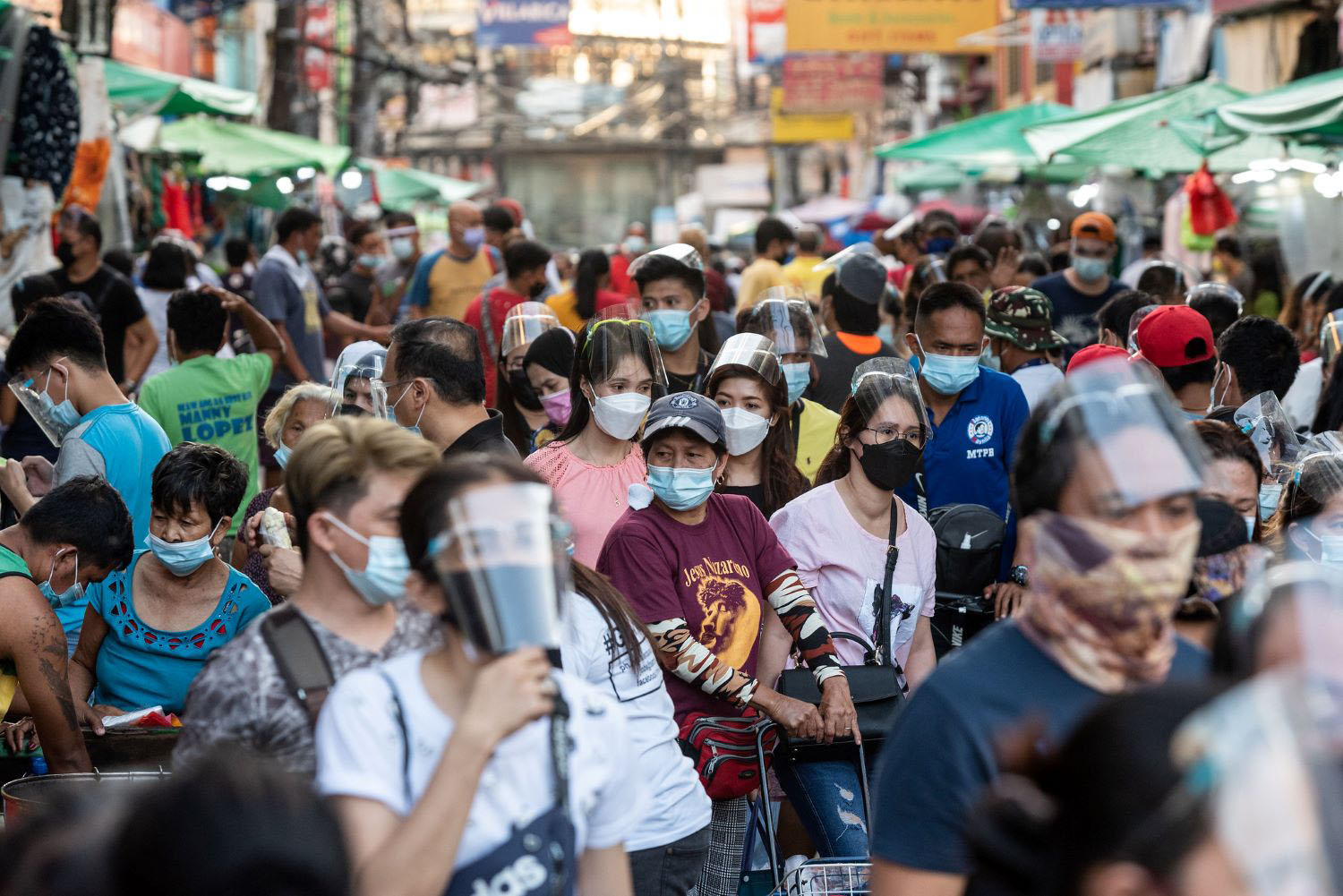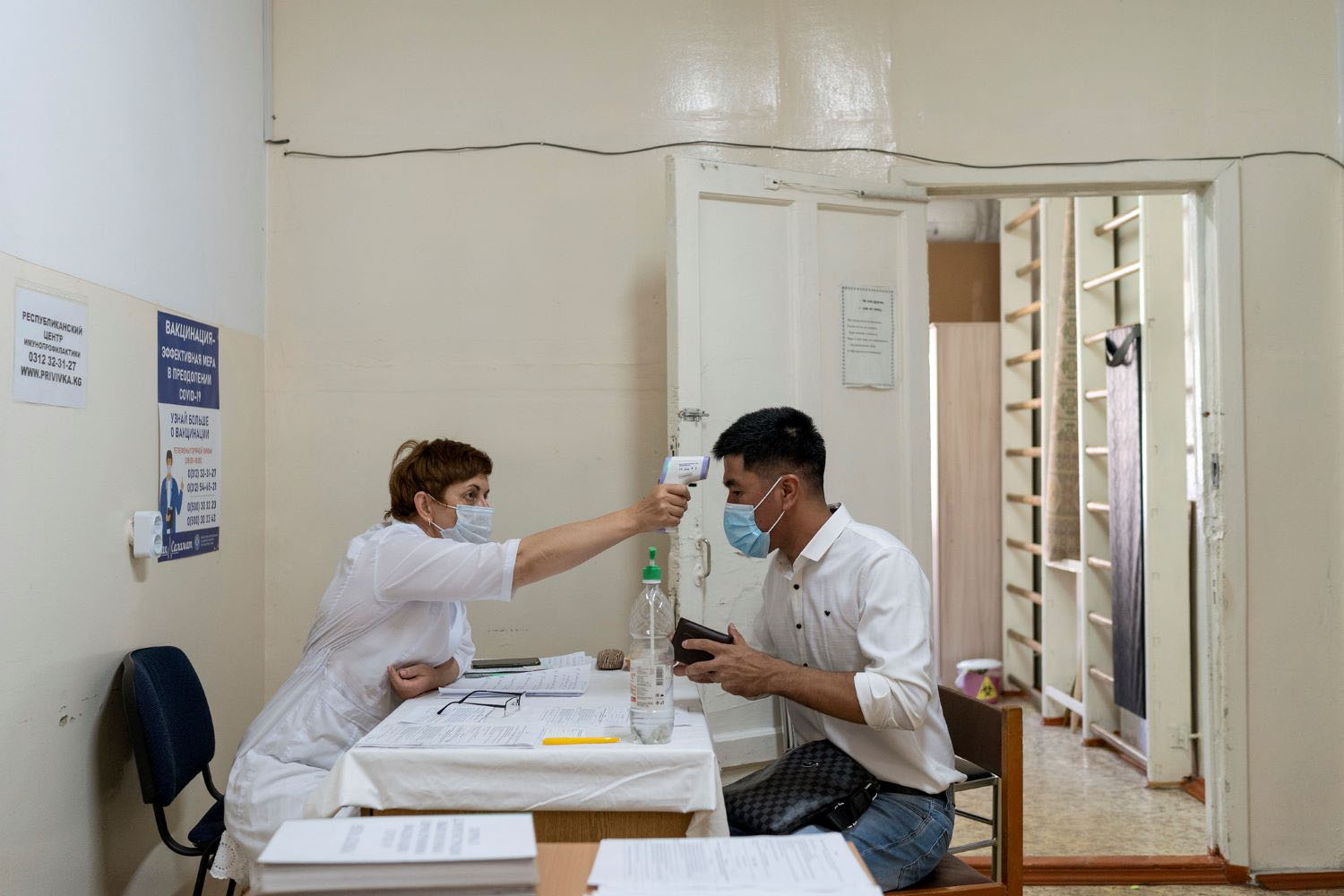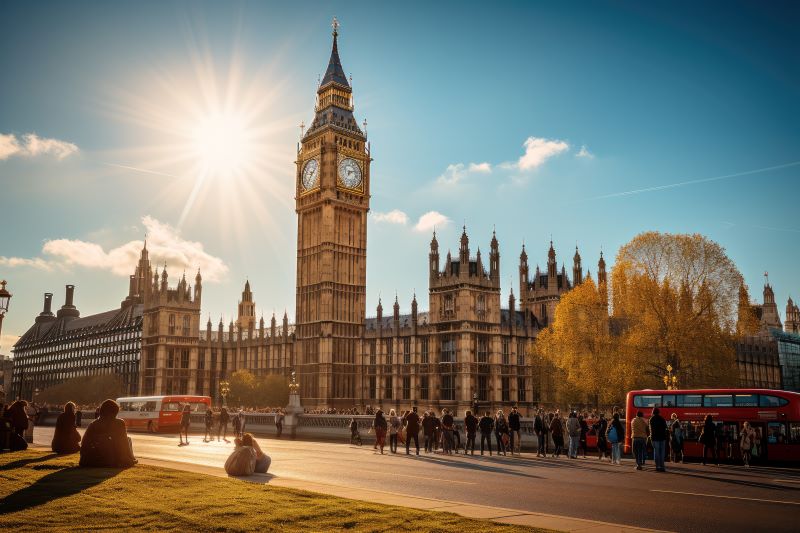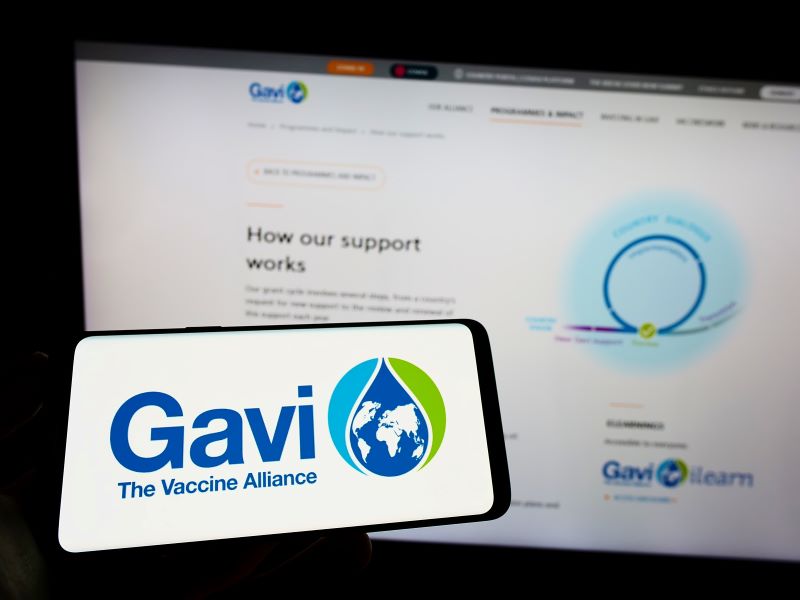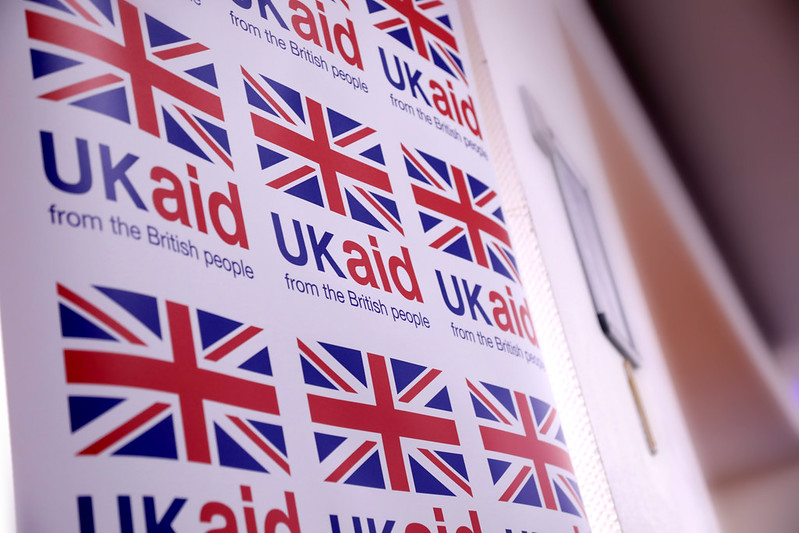Ideas to action: independent research for global prosperity
Research
Innovative, independent, peer-reviewed. Explore the latest economic research and policy proposals from CGD’s global development experts.
WORKING PAPERS
April 11, 2024
POLICY PAPERS
April 15, 2024
CGD NOTES
April 08, 2024
WORKING PAPERS
April 04, 2024
All Research
Filters:
Experts
Facet Toggle
Topics
Facet Toggle
Publication Type
Facet Toggle
Time Frame
Facet Toggle
Research
CGD NOTES
April 11, 2024
The reform agenda is long and complicated. MDB shareholders, managers, and other stakeholders need a systematic way to assess progress as objectively and independently as possible. CGD has built this MDB reform tracker for this purpose. The aim is a comprehensive tool, but also a focus on reform pro...
POLICY PAPERS
April 08, 2024
The global locus of undervaccination is increasingly shifting from the poorest countries in the world—which are eligible for support from Gavi, the Vaccine Alliance—to middle-income countries (MICs) that do not qualify for traditional Gavi support. Given these growing challenges, Gavi must rethink i...
POLICY PAPERS
January 30, 2024
For nearly 25 years, Gavi has delivered impact and value for money and remained one of the most successful global health initiatives. Gavi’s success has been driven by its use of three primary levers: (1) accelerating new vaccine introductions, (2) increasing equitable immunization coverage, and (3)...
POLICY PAPERS
December 14, 2023
DFID’s growing budget, influence, capability, focus, and political support from 2003 to 2010 allowed it, in these years, to make a substantial contribution towards achieving the Millennium Development Goals. These years also saw the emergence of a cross-party political consensus that the UK should ...
POLICY PAPERS
December 14, 2023
The prevailing fiscal outlook alongside broader shifts in the health landscape have important implications for countries’ eligibility for support from Gavi, the Vaccine Alliance. Current projections are similar to pre-COVID estimates, but the cohort of transitioning countries face more challenging ...
POLICY PAPERS
October 24, 2023
By 2003, DFIF was one of the world’s most influential international development organizations thanks to a combination of effective political leadership, wider government backing, clear objectives supported by rigorously deployed resources, and large numbers of capable and motivated staff.
POLICY PAPERS
August 07, 2023
CGD conducted a landscaping exercise to better understand the current landscape of organizations headquartered in sub-Saharan Africa that boast impact evaluation capacity. The resulting database is intended as a resource for funders looking to advance locally led development; to help facilitate coor...




